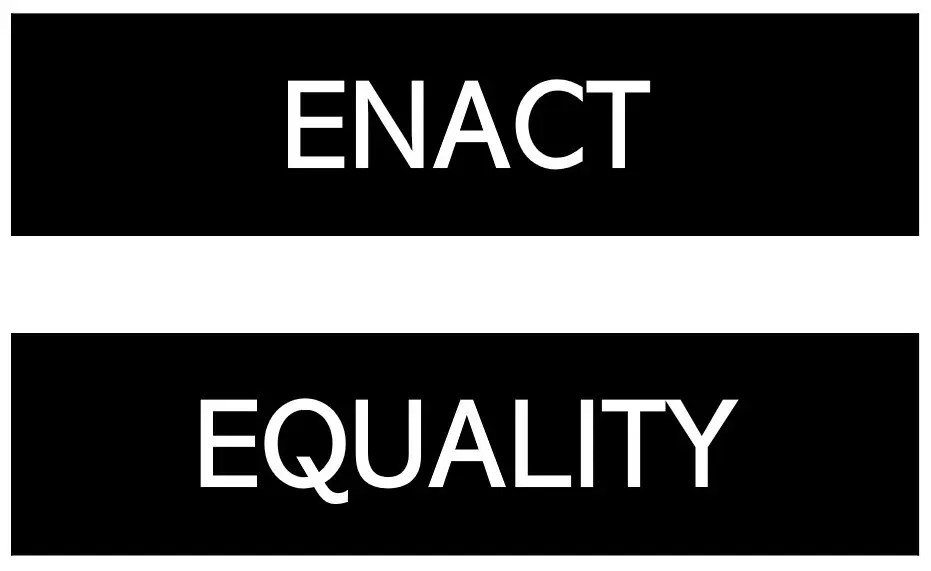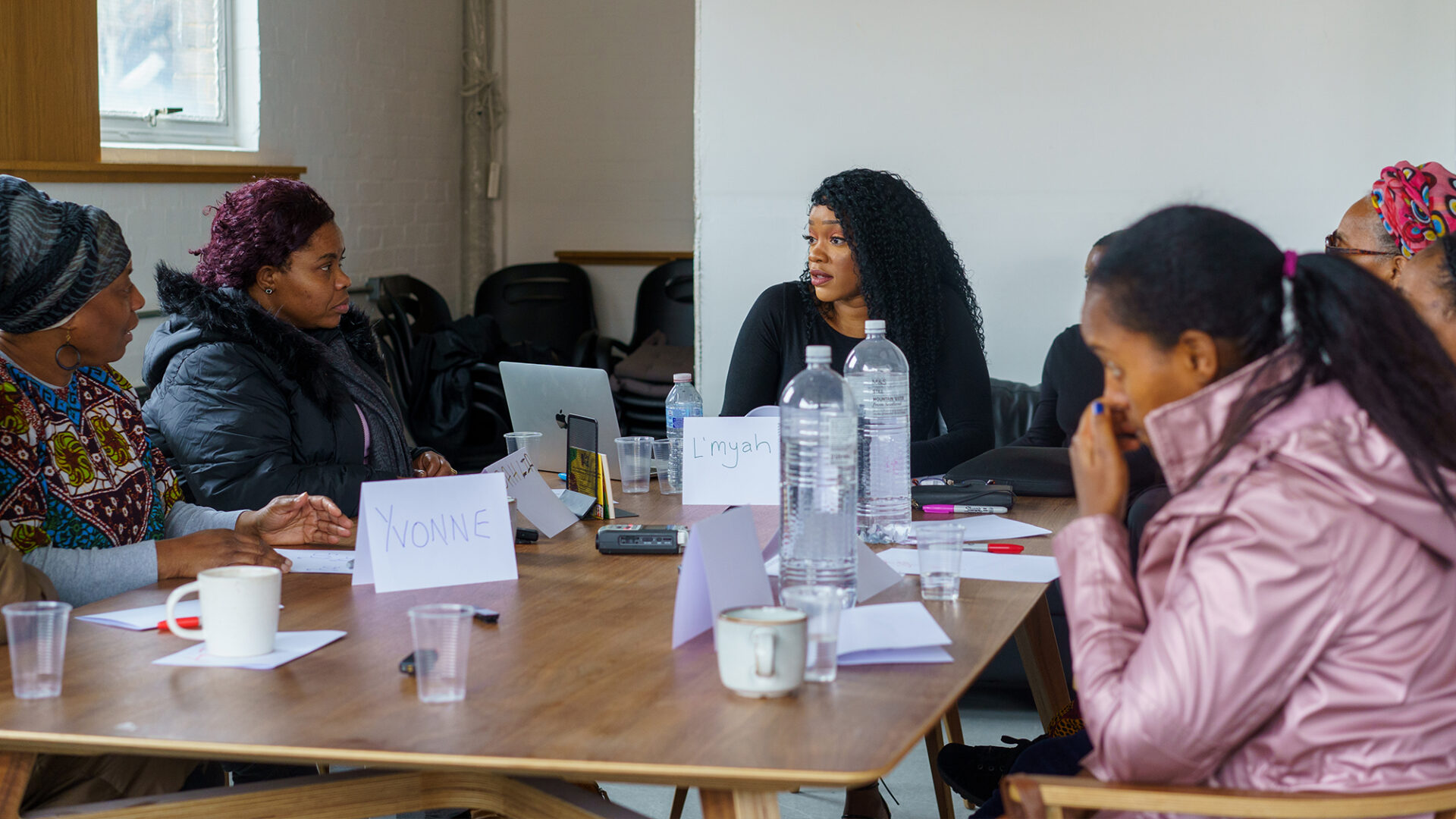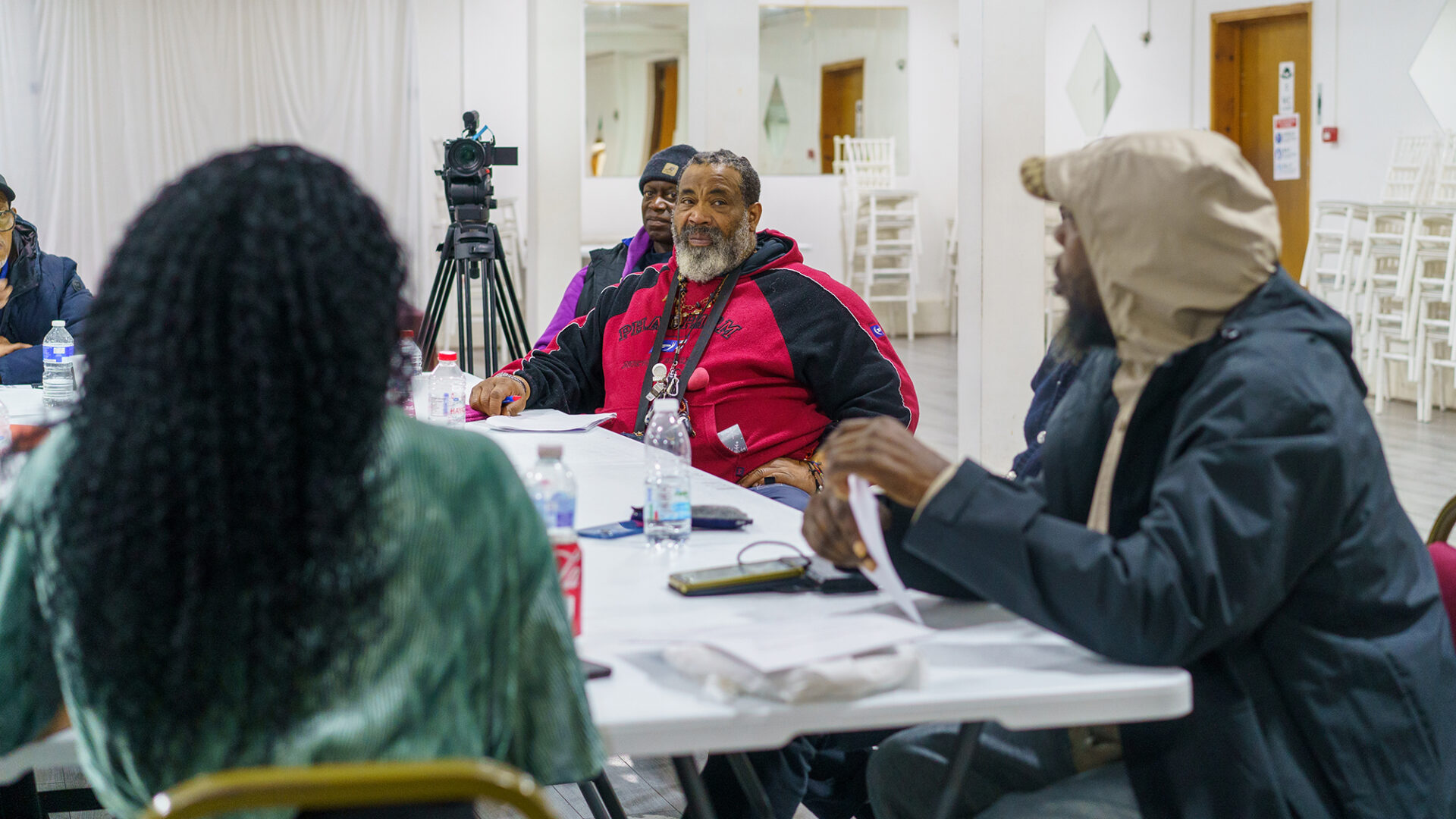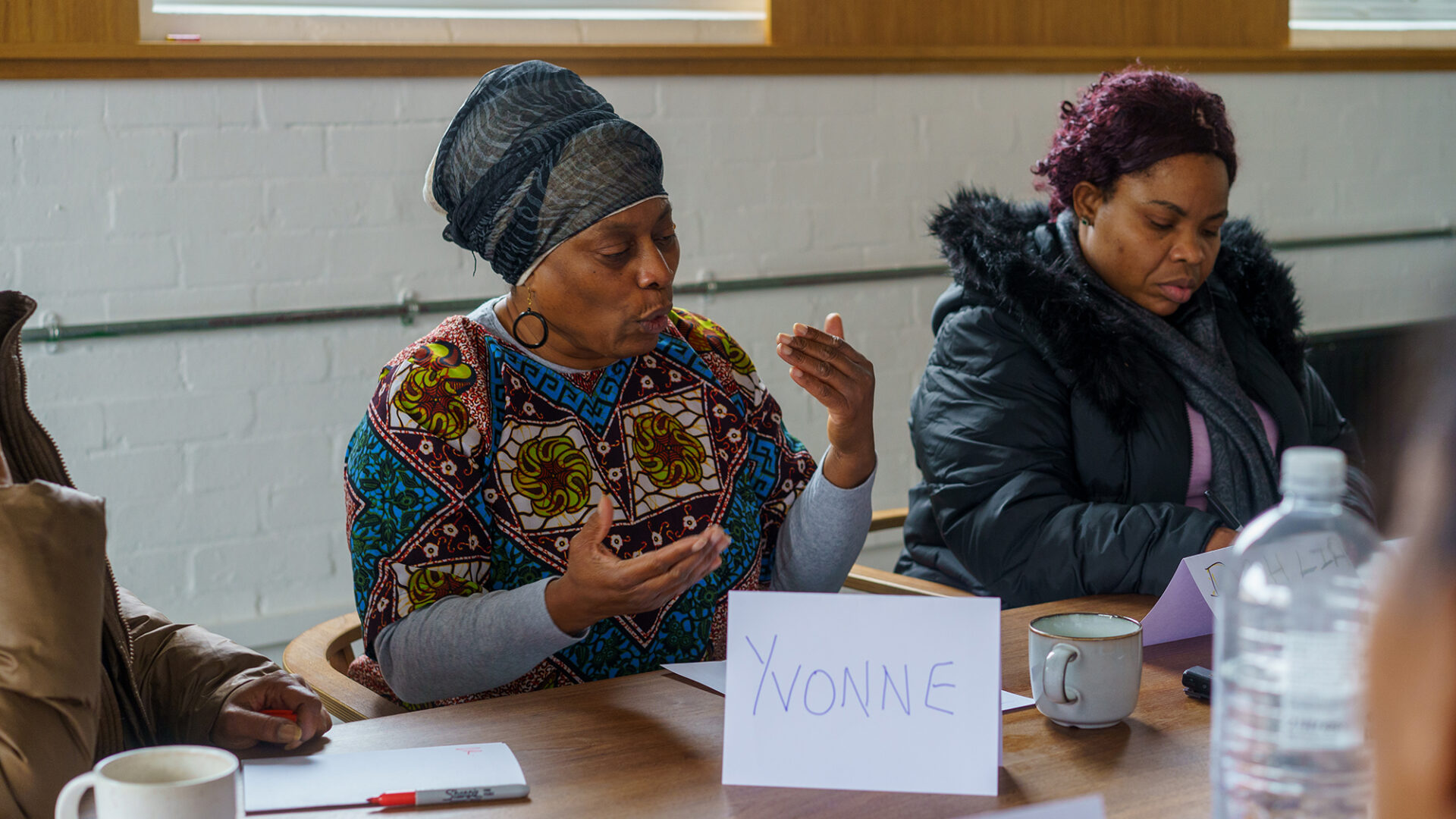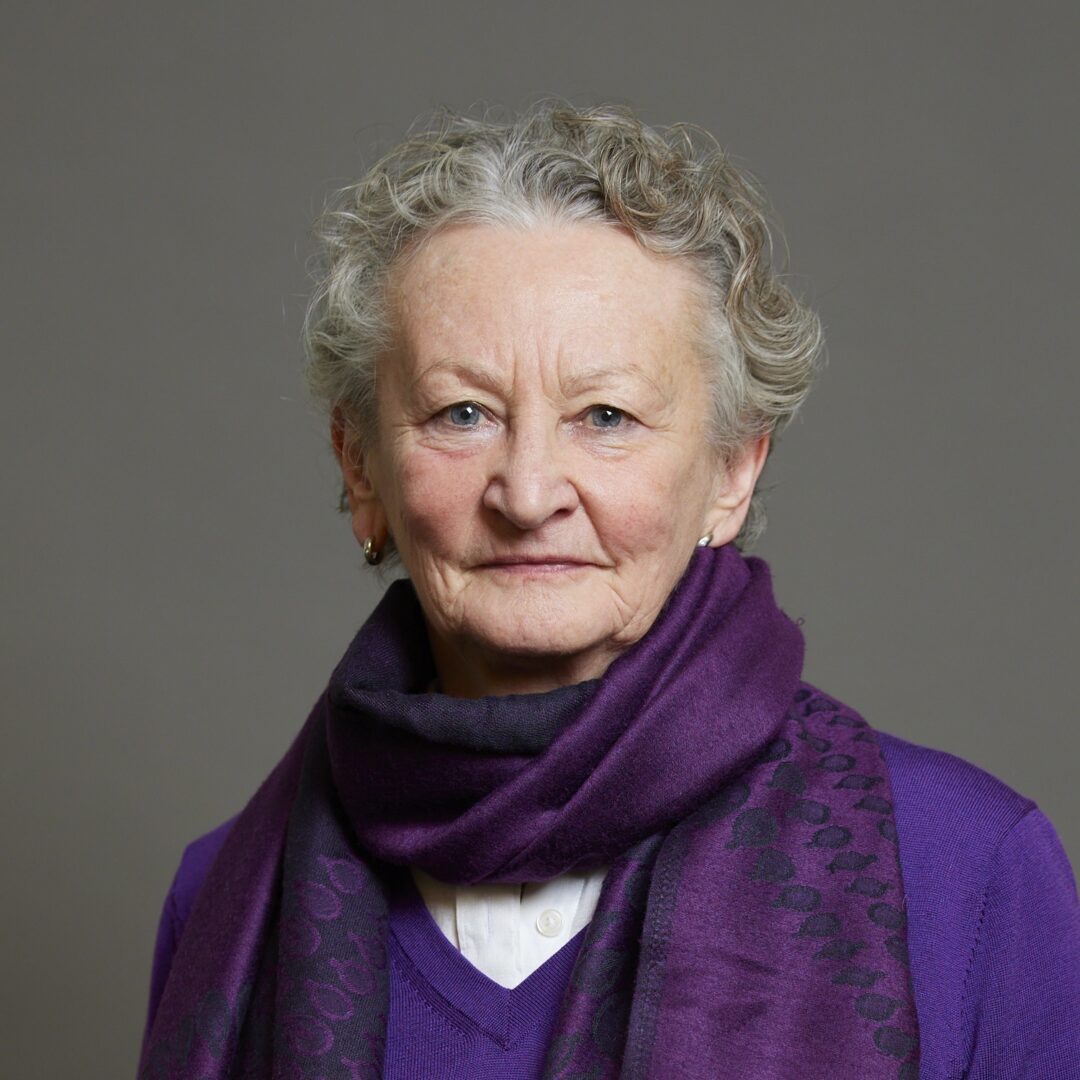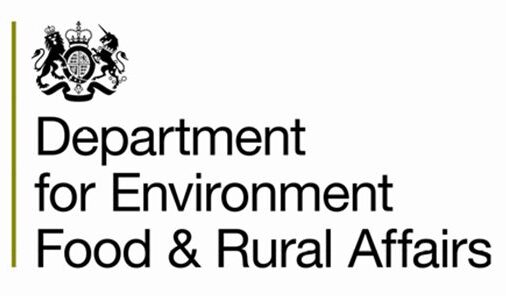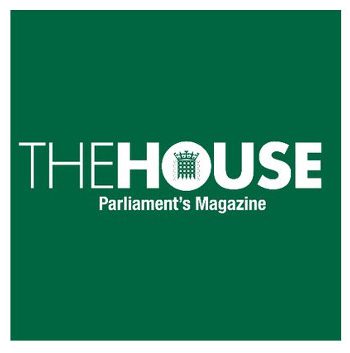Air Pollution
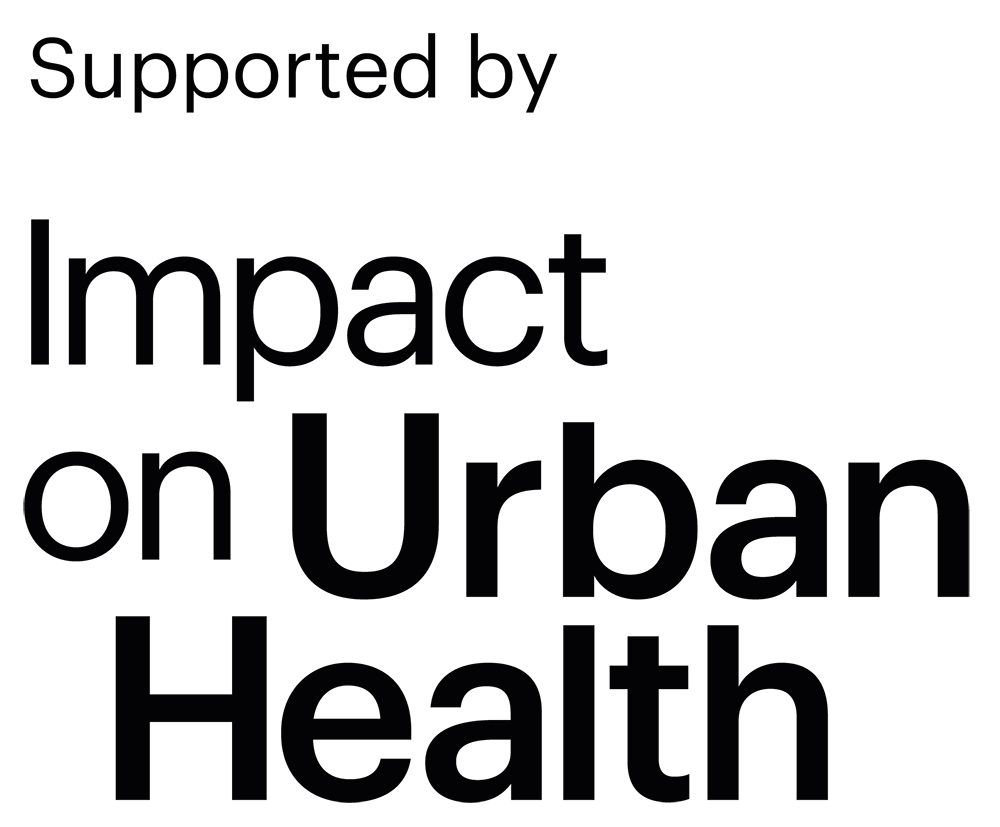
Fighting the impact of air pollution on minority communities
Air pollution is not evenly distributed, and its impact disproportionately affects minority ethnic and low income communities.
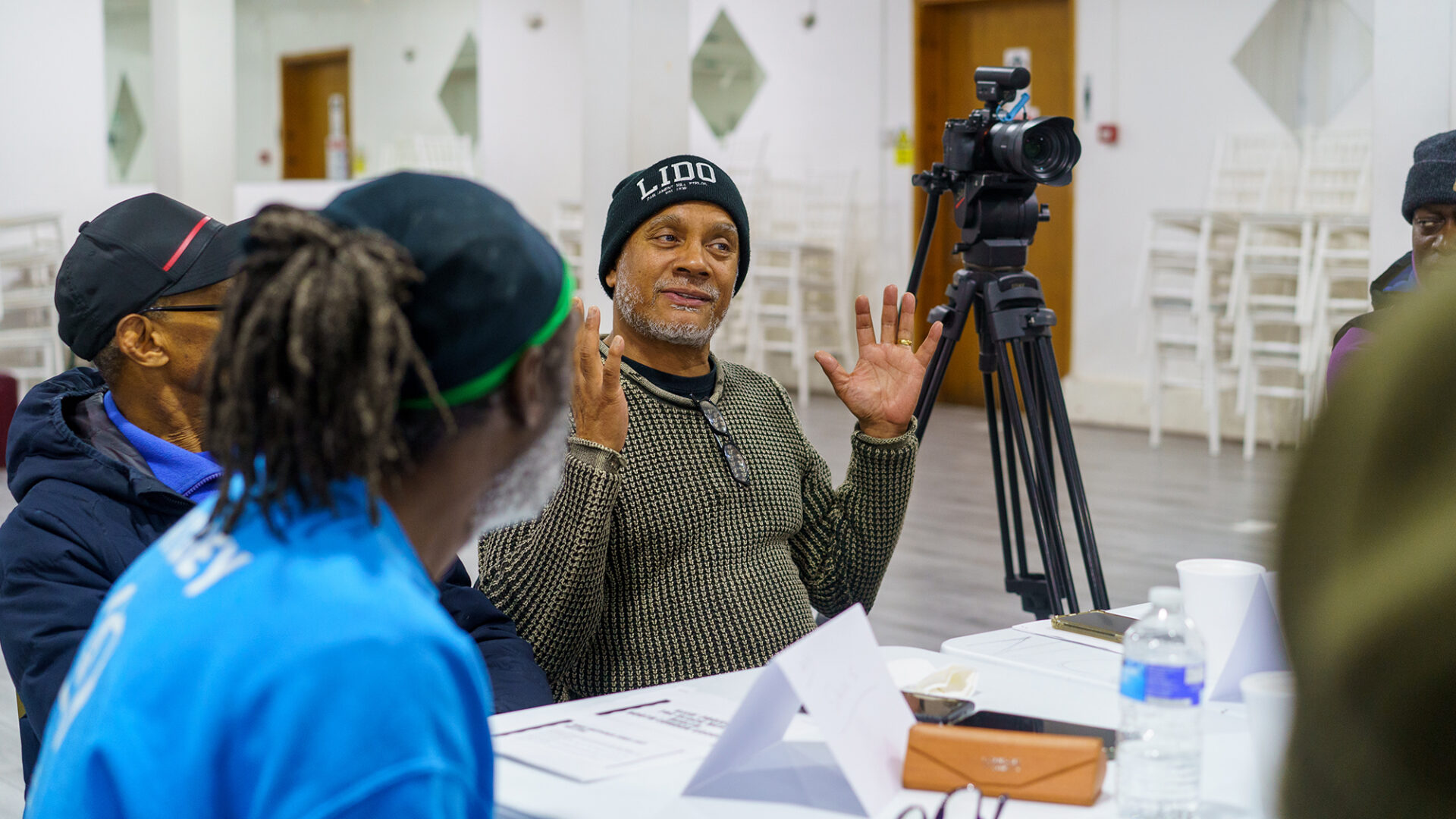
Half of London’s recorded childhood asthma hospitalisations between 2021 and 2022 were from Black, Asian and other minority ethnic groups. Nitrogen Dioxide levels in communities of colour are on average 16 to 27% higher than majority white constituencies, and almost half of all existing waste incinerators are in areas with high populations of people of colour.
That is why we are working with a range of political leaders, public figures and community-based organisations to campaign for cleaner air.
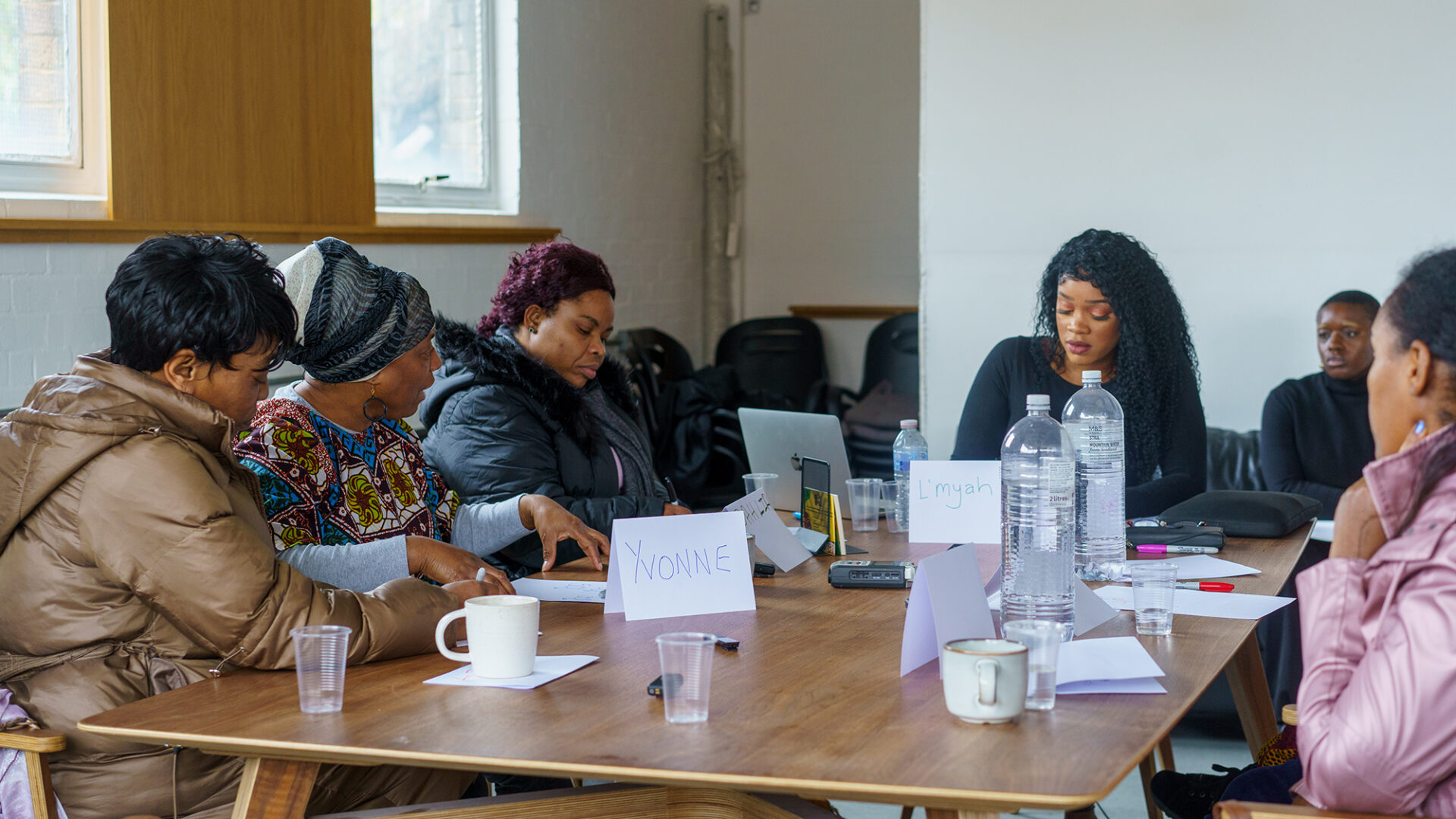
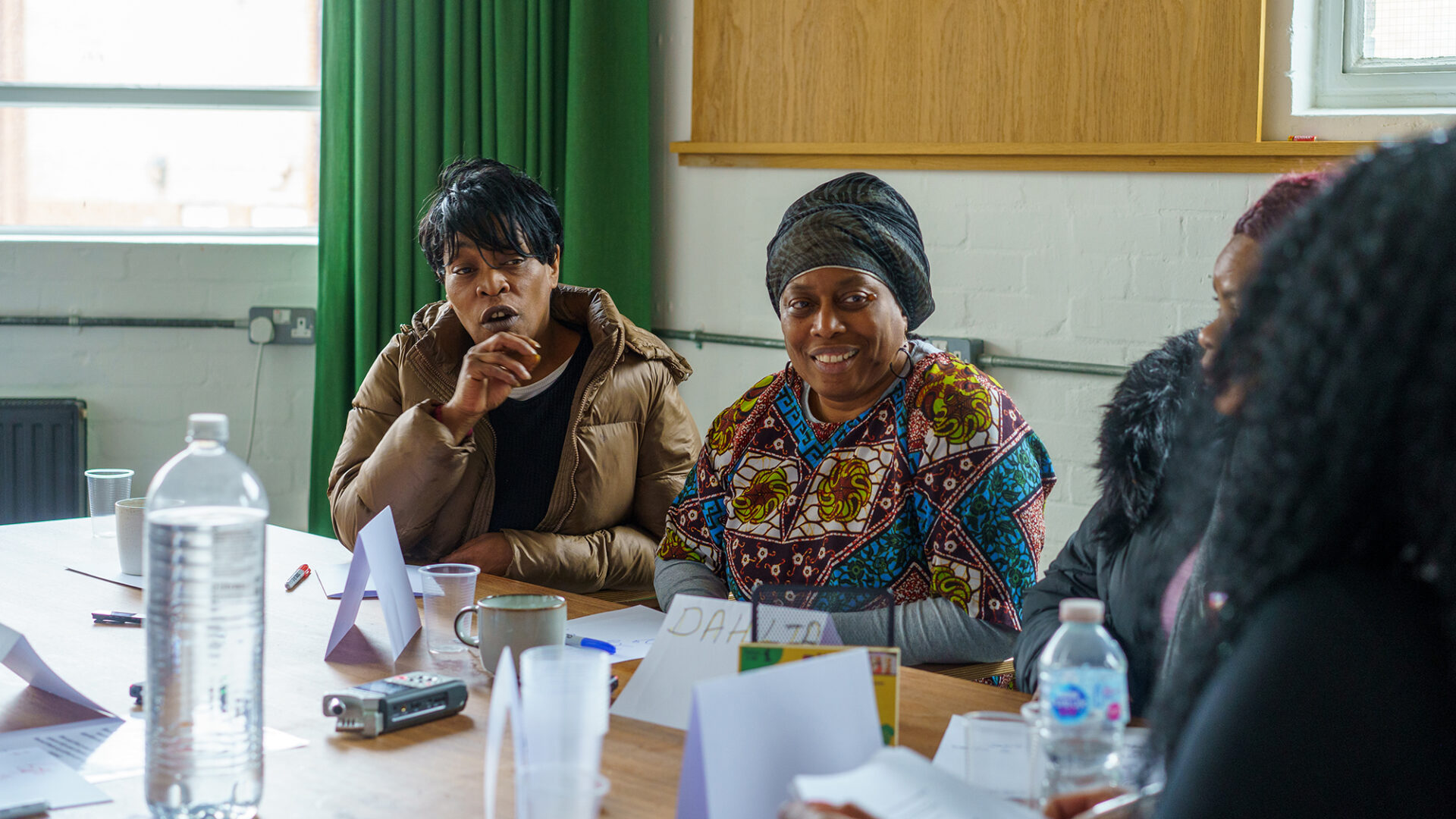
Collaborating with Black-led organisations to address air pollution inequity
We are hosting focus groups with Black-led organisations to gain a deeper insight into how air pollution affects our local communities. We are also working to uncover which clean air policies resonate best with people from African and Caribbean backgrounds, and aim to raise more awareness about the importance of building resilience against toxic air.
-
We pay participants for taking part in our focus groups as we feel it is important for individuals to be compensated for their labour - especially those who have historically been marginalised.
-
We are a Black-led organisation, and all of our work is led, and delivered, by people from African and Caribbean backgrounds. Representation matters to us.
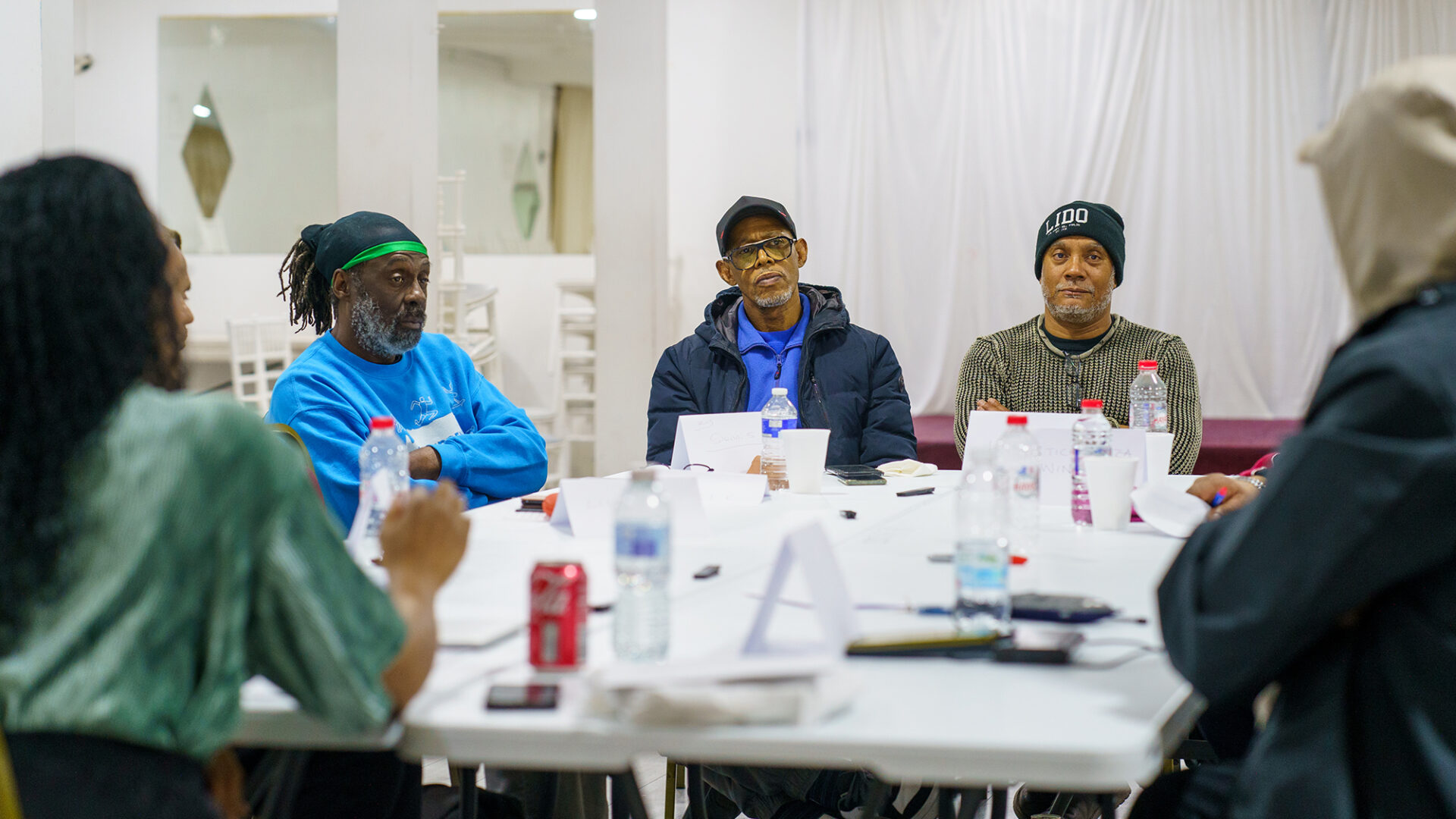
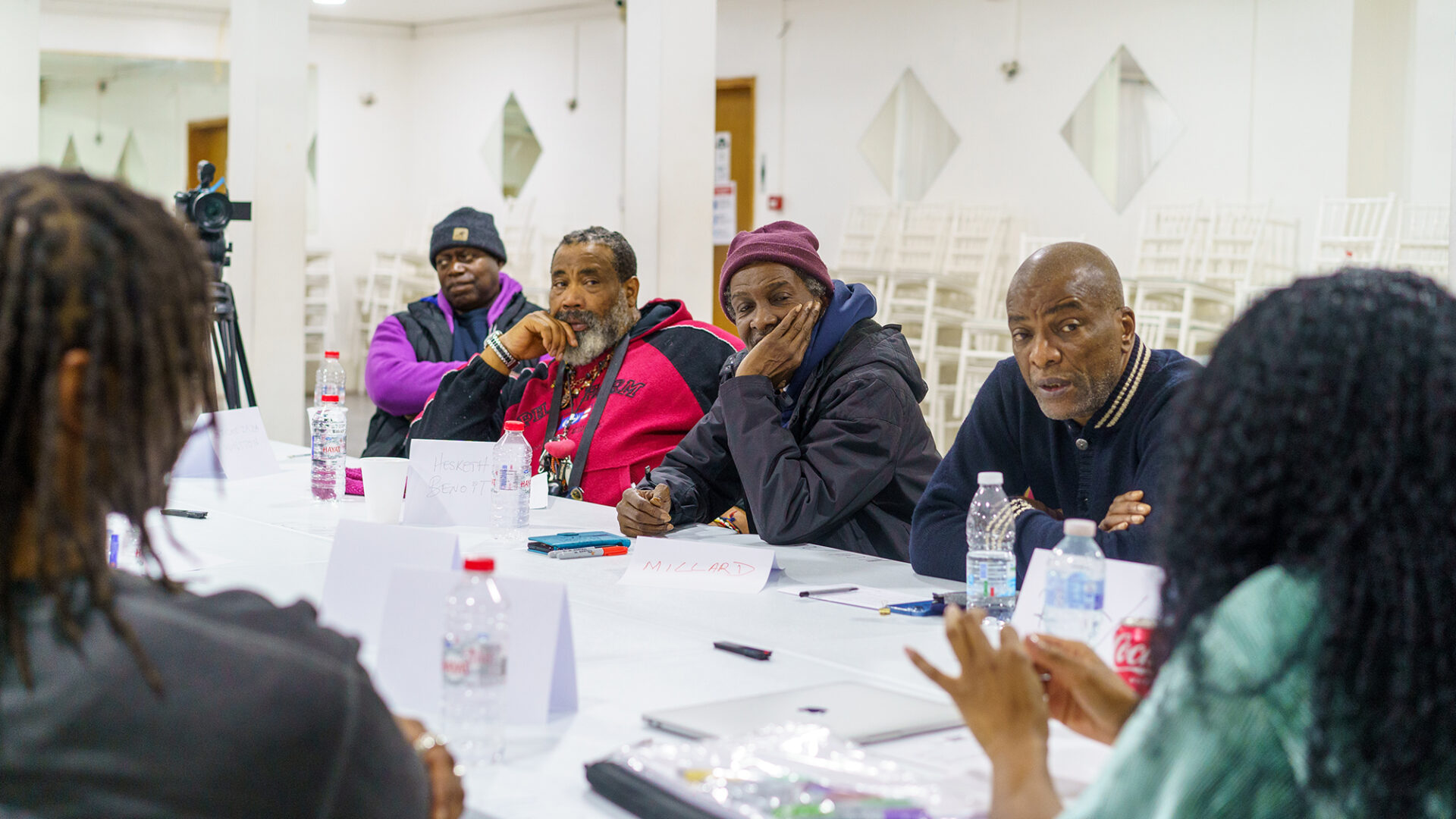
We are also working with political leaders to enact change at national level
We have worked with MPs and Peers to table 16 written parliamentary questions to the UK Government, which can be found below. Each question will be answered by a Government Minister, and the responses will be published on the UK Parliament website.
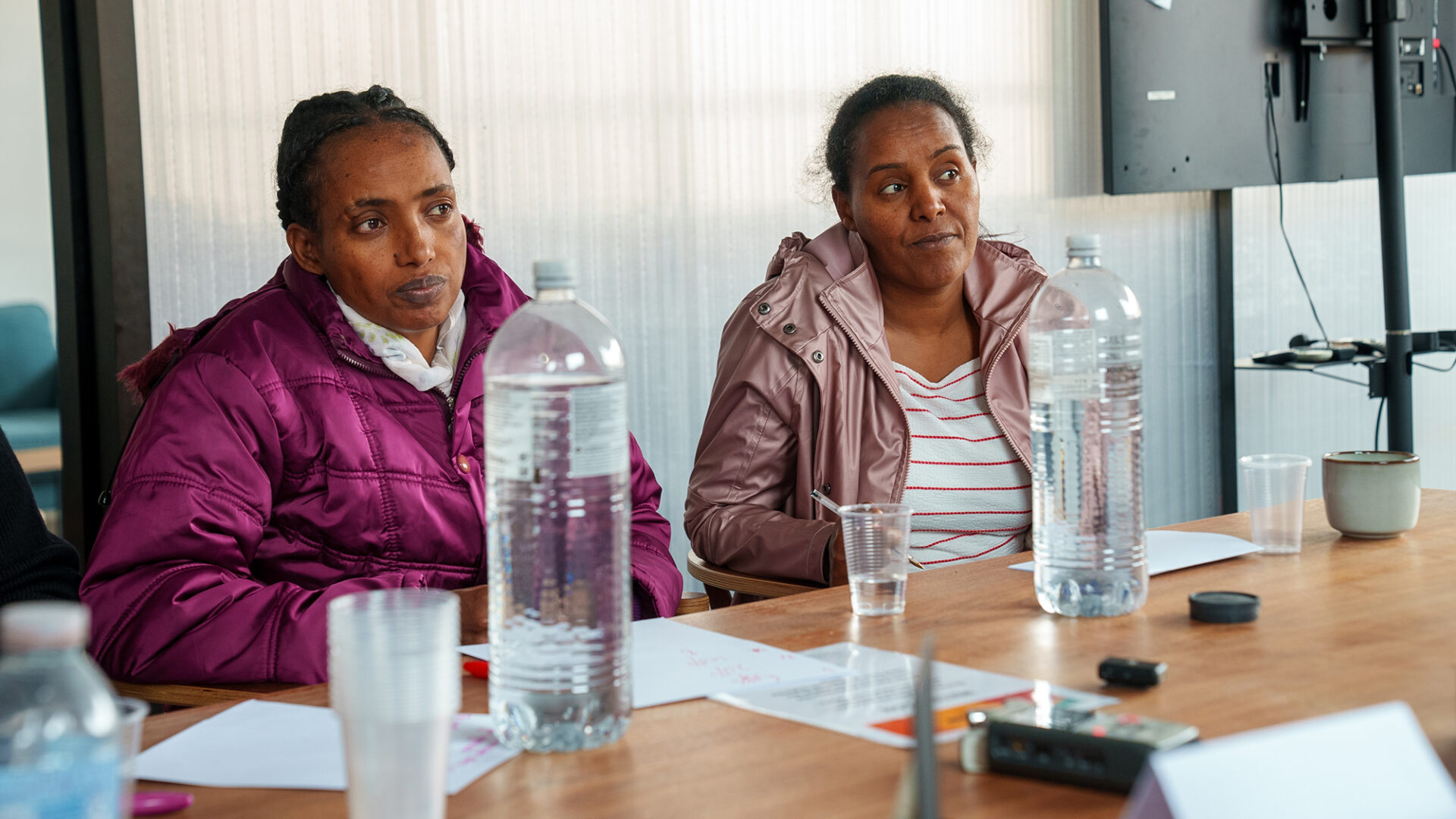
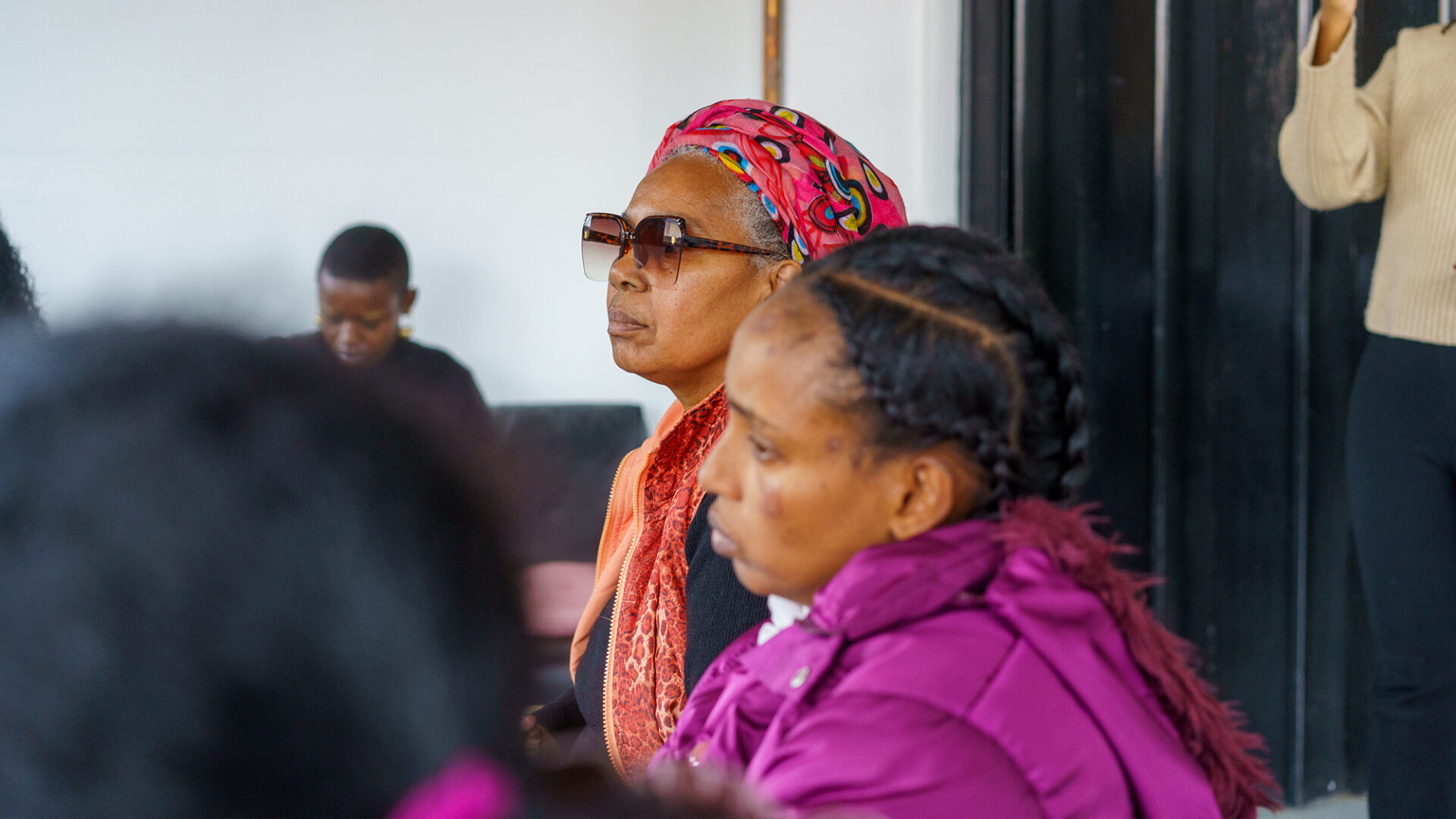
Race, ethnicity and food insecurity
The role of healthy diets in lowering the risk of adverse health outcomes caused by ambient air pollution
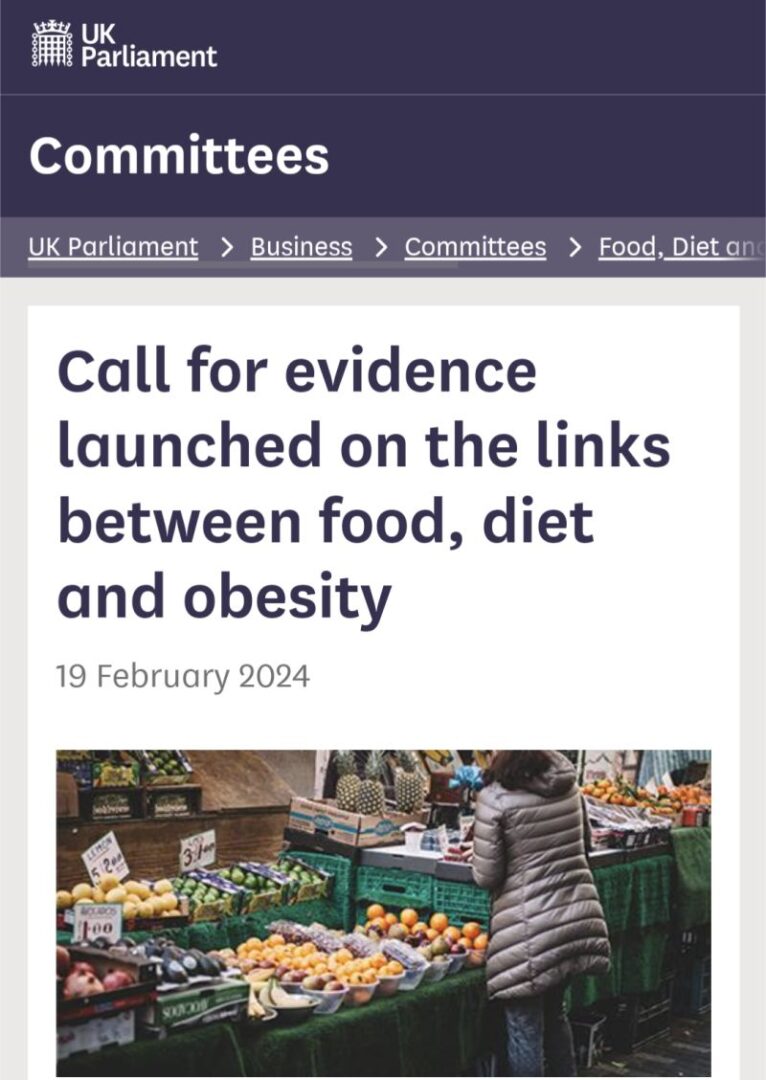
The House of Lords Select Committee on Food, Diet and Obesity is currently leading a national inquiry.
We have written a paper on “The role of healthy diets in lowering the risk of adverse health outcomes caused by ambient air pollution” and have submitted this to be used as evidence by the committee.
Even though we’re working to push the Government to do more to address the disproportionate impact of air pollution, we feel that it’s also important we take action into our own hands where we can. That is why we’ve written this paper – we want to demonstrate how food, exercise and lifestyle choices can lower your risk of being harmed by toxic air.
You can read the written evidence below
 Loading...
Loading...
Read about our stance on air pollution, published in both Politics Home and the House Magazine!
The House Magazine is the leading publication for political leaders in the UK, and it is the only "in-house" magazine in the Houses of Parliament.
The article was written by our CEO, L'myah Sherae, and Lord Simon Woolley, who is the Deputy Vice-Chancellor of Cambridge University.
